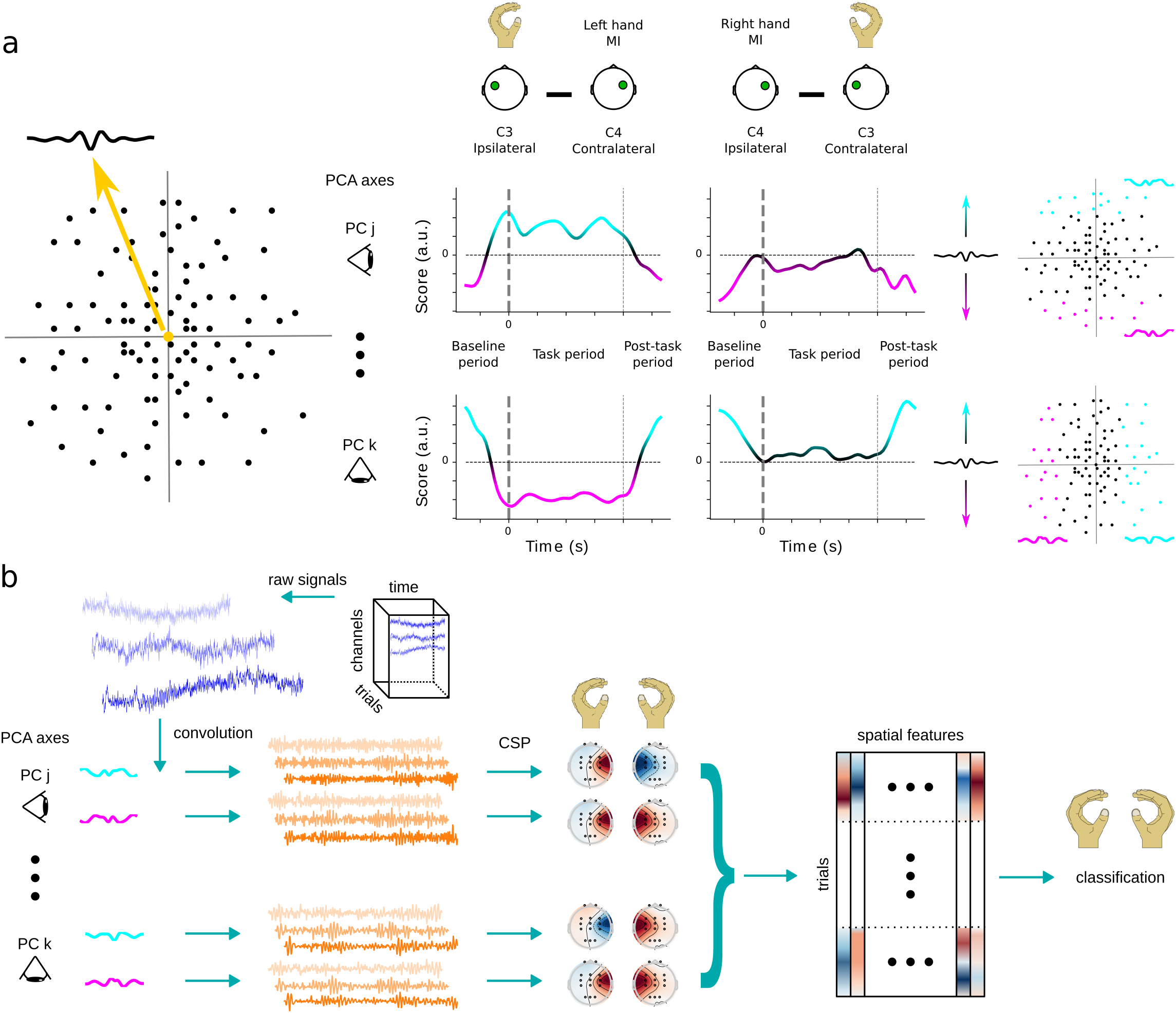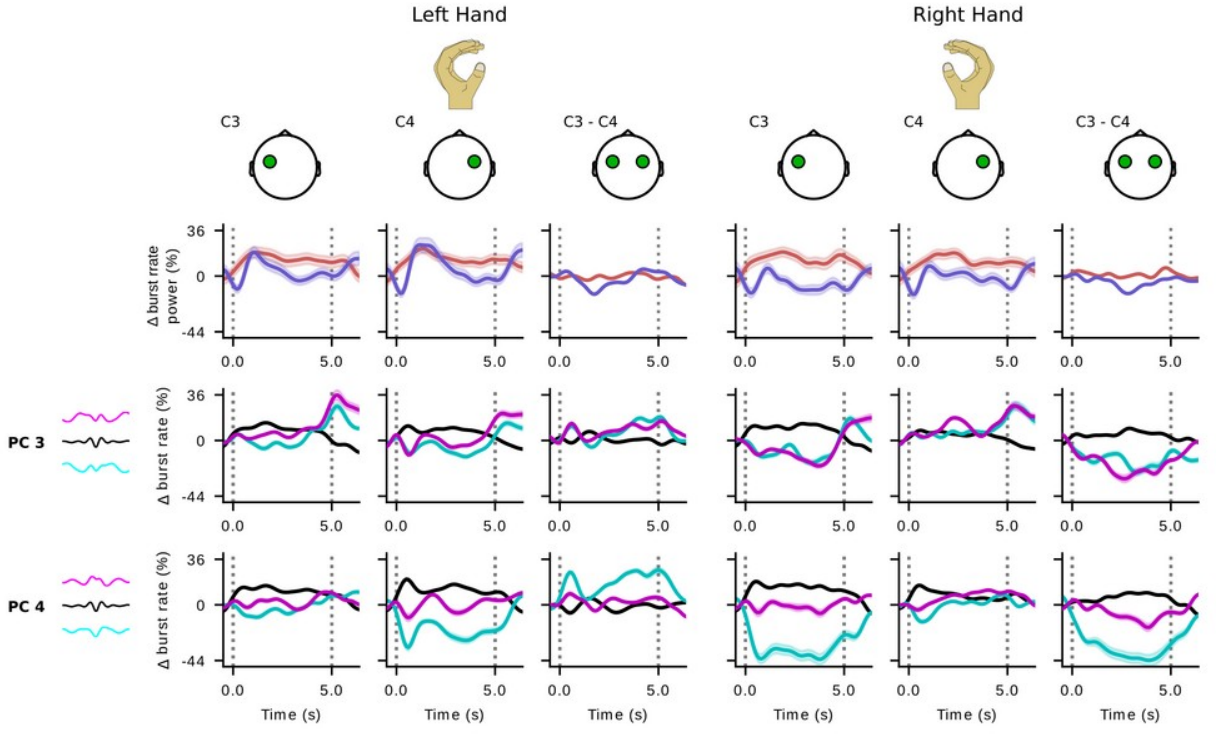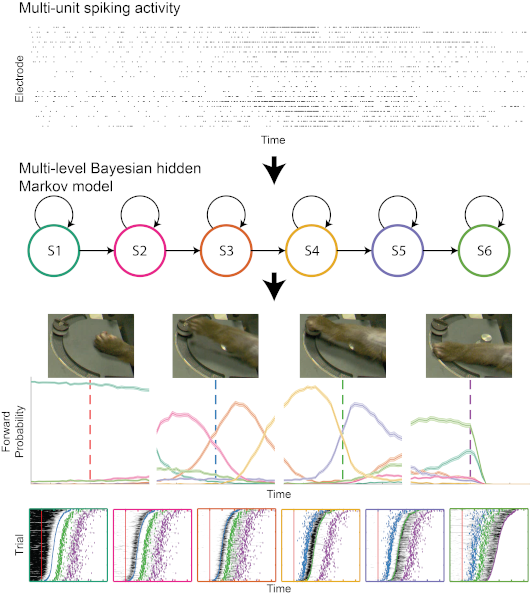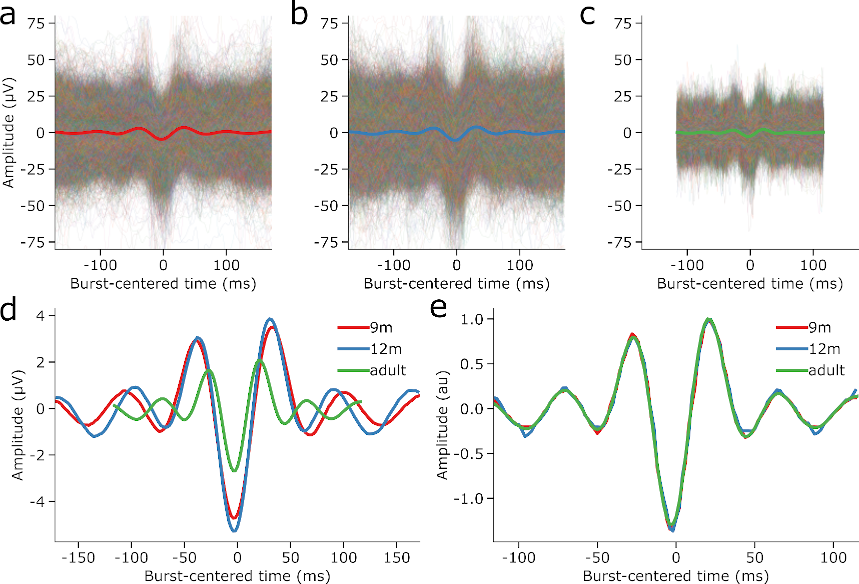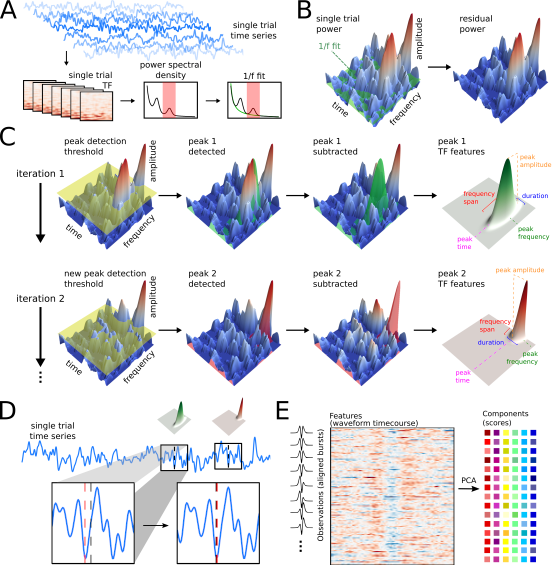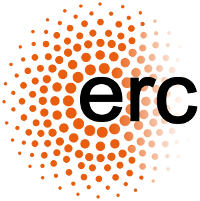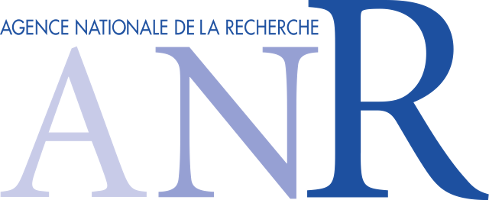
Decision, Action, and Neural Computation (DANC) Lab
About
The brain evolved to control movement: to prepare and perform actions, and use sensory inputs to learn internal models to guide actions. Motor processes have therefore been fundamental to the evolution of the human brain including functions thought of as being uniquely human. The Decision, Action, and Neural Computation lab studies how the brain produces actions: how it decides what actions to perform, how it prepares to perform an action once this decision has been made, and how it updates its internal representations based on the outcome of the action.
Projects
We have several ongoing projects including 1) investigation of the mechanisms, functional roles, and development of bursts of beta activity in motor cortex, 2) development of high precision MEG techniques for laminar analyses, 3) noninvasive brain-machine interfaces for motor rehabilitation, and 4) signatures of long-term sensorimotor learning in neural population activity.
Approach
We use a multimodal and comprehensive approach in our projects, combining experimentation, data simulation, and computational neural modeling. We are ‘methods agnostic’, combining M/EEG, neurophysiology, MRI/DTI, non-invasive brain stimulation, and behavioral kinematics depending on the research question.
